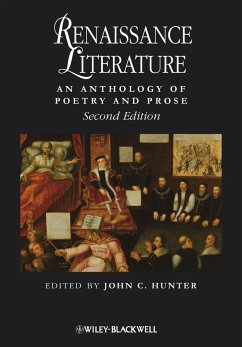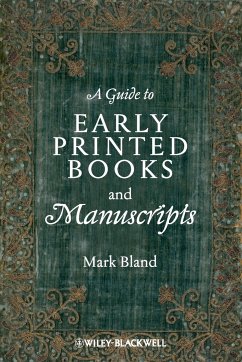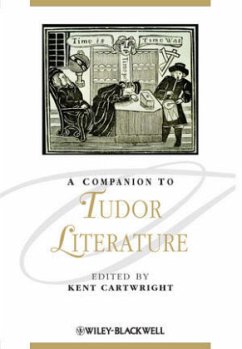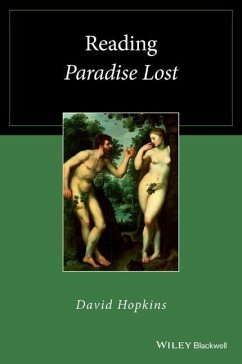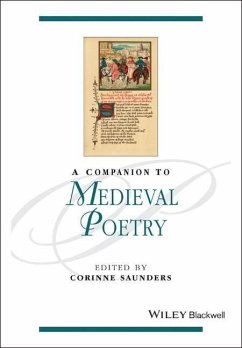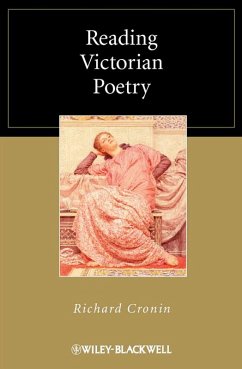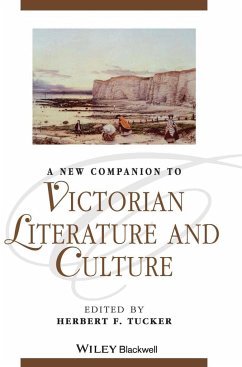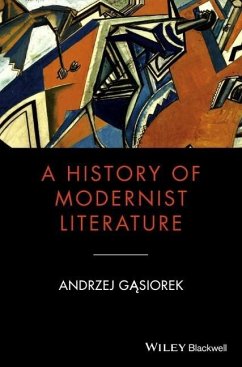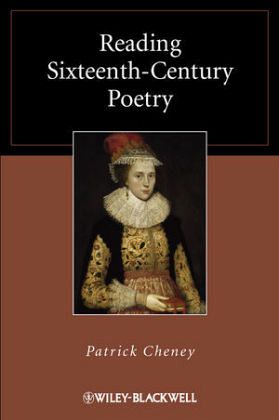
Reading Sixteenth-Century Poetry
Versandkostenfrei!
Versandfertig in über 4 Wochen
38,99 €
inkl. MwSt.
Weitere Ausgaben:

PAYBACK Punkte
19 °P sammeln!
Reading Sixteenth-Century Poetry combines close readings ofindividual poems with a critical consideration of the historicalcontext in which they were written. Informative and original, thisbook has been carefully designed to enable readers to understand,enjoy, and be inspired by sixteenth-century poetry. Close reading of a wide variety of sixteenth-century poems,canonical and non-canonical, by men and by women, from print andmanuscript culture, across the major literary modes and genresPoems read within their historical context, with reference tofive major cultural revolutions: Renaissance hum...
Reading Sixteenth-Century Poetry combines close readings ofindividual poems with a critical consideration of the historicalcontext in which they were written. Informative and original, thisbook has been carefully designed to enable readers to understand,enjoy, and be inspired by sixteenth-century poetry.
Close reading of a wide variety of sixteenth-century poems,canonical and non-canonical, by men and by women, from print andmanuscript culture, across the major literary modes and genres
Poems read within their historical context, with reference tofive major cultural revolutions: Renaissance humanism, theReformation, the modern nation-state, companionate marriage, andthe scientific revolution
Offers in-depth discussion of Skelton, Wyatt, Surrey, IsabellaWhitney, Gascoigne, Philip Sidney, Spenser, Marlowe, Mary SidneyHerbert, Donne, and Shakespeare
Presents a separate study of all five of Shakespeare'smajor poems - Venus and Adonis , The Rape of Lucrece , The Phoenix and Turtle, the Sonnets , and A Lover sComplaint- in the context of his dramatic career
Discusses major works of literary criticism by Plato,Aristotle, Horace, Longinus, Philip Sidney, George Puttenham, PercyBysshe Shelley, Seamus Heaney, Adrienne Rich, and HelenVendler
Close reading of a wide variety of sixteenth-century poems,canonical and non-canonical, by men and by women, from print andmanuscript culture, across the major literary modes and genres
Poems read within their historical context, with reference tofive major cultural revolutions: Renaissance humanism, theReformation, the modern nation-state, companionate marriage, andthe scientific revolution
Offers in-depth discussion of Skelton, Wyatt, Surrey, IsabellaWhitney, Gascoigne, Philip Sidney, Spenser, Marlowe, Mary SidneyHerbert, Donne, and Shakespeare
Presents a separate study of all five of Shakespeare'smajor poems - Venus and Adonis , The Rape of Lucrece , The Phoenix and Turtle, the Sonnets , and A Lover sComplaint- in the context of his dramatic career
Discusses major works of literary criticism by Plato,Aristotle, Horace, Longinus, Philip Sidney, George Puttenham, PercyBysshe Shelley, Seamus Heaney, Adrienne Rich, and HelenVendler




